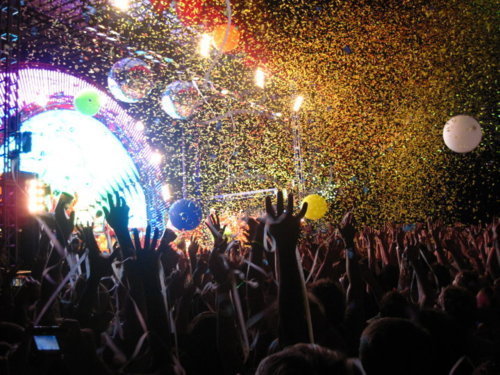CONSTITUTION
ON THE SACRED LITURGY
SACROSANCTUM CONCILIUM
SOLEMNLY PROMULGATED BY
HIS HOLINESS
POPE PAUL VI
ON DECEMBER 4, 1963
116. The Church acknowledges Gregorian chant as specially suited to the Roman liturgy: therefore, other things being equal, it should be given pride of place in liturgical services. But other kinds of sacred music, especially polyphony, are by no means excluded from liturgical celebrations, so long as they accord with the spirit of the liturgical action, as laid down in Art. 30.
What are some of the reasons Vatican II chose the Gregorian chant as having the pride of place?
__________________________
So why does the Catholic Church--even post Vatican II--emphasize what so many people believe to be dull, lifeless music in church? Shouldn't the music inspire us and get us going?
Well...no. For a Catholic, the music in church isn't about taste, preference, emotion...none of that. Catholic music isn't about making us feel inspired. That's kinda rough on someone going from a very charismatic church to Catholicism. Why isn't the service about filling me? I totally get that question from a Protestant perspective. Protestant services are about filling ourselves, getting inspiration to go out and preach the gospel each week. No criticism about that.
But for a Catholic, the Holy Spirit fills us in a different way during church than Protestants. We consider our reception of the bread and wine as the way in which we receive the Holy Spirit. That is our "food" for the week. So we first give our offering to God through the worship of the liturgy. My gift to God is to worship Him during Catholic mass. That part is His. Although we, as we listen to the readings of the scripture and hear the sermon, are also gaining great spiritual insight.
Then the second part, the communion, is when Catholics receive the Eucharist...the very body and blood of our Savior. That is my gift from God for attending mass.
The exchange should be perfect. The perfect worship and communion of God and His Bride. The dance of love takes place spiritually rather than physically. And I can attest, that when your heart is with God at mass, it is a fiery dance that will bring you very close to the cross and heaven. That is why many Catholic saints have experienced what they call ecstasy at mass.
So what do Gregorian chants have to do with this?
I read an introduction to the missal at the Prince of Peace Catholic Church in South Carolina that explained it. This is my version of what I read (editorialized for Catholics and Protestants):
As Christians, we believe the Bible is infallible, right? The Bible is the inspired Word of God and if we want to know what is right for the Christian, we go to the Bible. Absolutely. It is perfect,
infallible.
Catholic sprinkle ourselves with holy water when we enter the church as a renewal of our baptism and we confess our sins, so that we ourselves will be holy and without sin during the mass.
At Catholic mass we lift up to the Father the perfect, infallible sacrifice of the blood of His Son, Jesus Christ. It is a perfect sacrifice.
Within the context of a perfect sacrifice, our liturgy is perfect, for we read the infallible words of God. We worship perfectly when we lift up to God with infallible scripture!
The Gregorian Chant takes its lyrics from the Bible--no editing--just the words of scripture. So when we are worshipping a holy God, in holy mass, we should sing only the words that are perfect and infallible. After all, mass is prayer to God.
The mass is about worshipping God the way He desires to be worshipped, not the way we want to worship Him. He wants perfect worship.
Therefore, we lift up to Him:
 His Son as the one-time perfect sacrifice.
His Son as the one-time perfect sacrifice. His own perfect words as we read the scriptural liturgy.
His perfect words in the sung liturgy.
As thrilling as it is for Christian composers to write songs, psalms and hymns to our Lord, the wording is not infallible, nor perfect. Hymns of great Christians are good and we should sing them often, but they should not take primary position over the very words of God. Just as we don't read inspirational texts from Christians in mass because they are not the infallible words of God, Vatican II has given primary place to the Gregorian chant because it is not supposed to vary from the scripture in its lyrics.
While that was not the complete explanation, I thought those were thoughts worthy of pondering. After all, mass isn't about what I like. I am not going there to give God what I want, but to worship Him in the way He chooses. And He tells us to be perfect. Mass is a foretaste of heaven. So, Mass is one place on earth where things can be perfect.
That is one of the reasons for singing the Words of God rather than the words of man.

